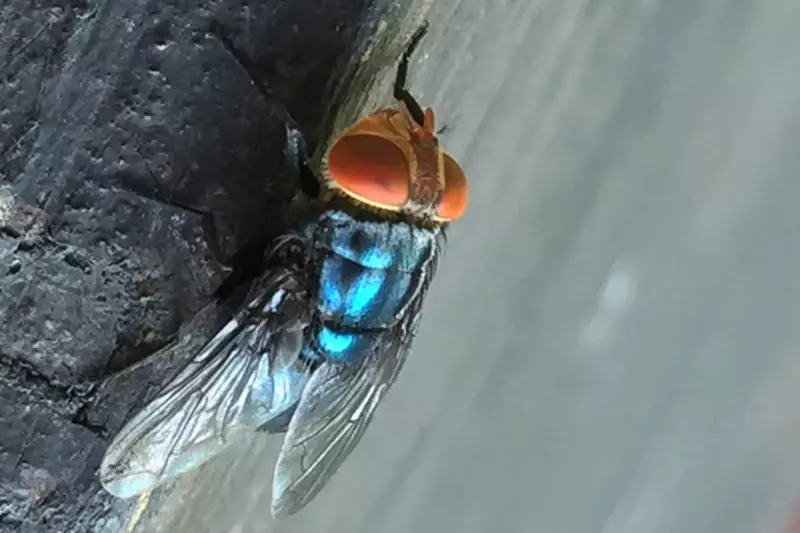
Health authorities in the United States have confirmed the country's first documented human case of infection by the New World screwworm, a parasitic fly larvae known for its devastating effects on livestock.
The alarming case was identified in a Florida resident who had recently travelled to the Caribbean, according to a recent report from the Centers for Disease Control and Prevention (CDC). This marks a significant and concerning development in tropical disease tracking.
What is the New World Screwworm?
Cochliomyia hominivorax, commonly known as the New World screwworm, is a parasitic fly whose larvae feed on the living tissue of warm-blooded animals. Unlike common maggots that consume dead tissue, these larvae are obligate parasites of living flesh, making them particularly dangerous.
The parasite was officially eradicated from the United States in 1966 through an extensive sterile insect release program, making this human case particularly noteworthy for epidemiologists and public health officials.
How the Infection Occurred
The Florida patient, whose gender and exact age were not disclosed, developed the infection after travelling to the Dutch Caribbean island of Saba. The individual reported spending time with livestock on the island, which is known to have an endemic screwworm population.
Upon returning to the United States, the patient sought medical attention for a small, draining wound near their ear. Medical professionals initially treated the condition as a typical bacterial infection, but when symptoms persisted, further investigation revealed the true parasitic nature of the infestation.
Medical Response and Treatment
Doctors successfully removed 42 larvae from the patient's wound during a meticulous extraction procedure. The patient received a two-week course of oral ivermectin, an antiparasitic medication, and made a full recovery without complications.
This case highlights the importance of considering parasitic infections in differential diagnoses, especially for patients with recent travel history to tropical regions where such parasites are endemic.
Public Health Implications
While health officials emphasize that the risk to the general public remains low, this case serves as a stark reminder of how global travel can facilitate the spread of tropical diseases to non-endemic areas.
The CDC and state health departments are enhancing surveillance measures and educating healthcare providers about recognizing and treating similar parasitic infections. Travelers to tropical regions are advised to take precautions when around livestock and to seek immediate medical attention for any unusual wounds or skin conditions.





